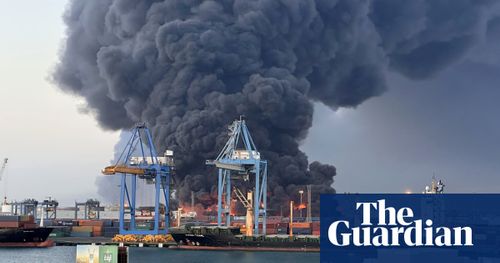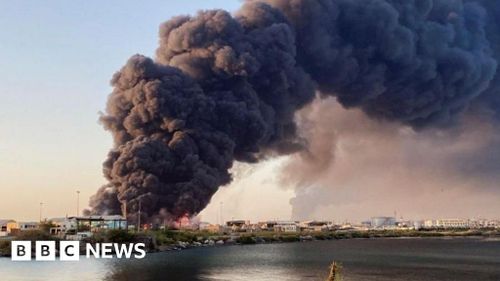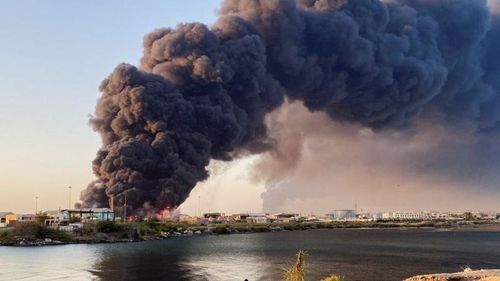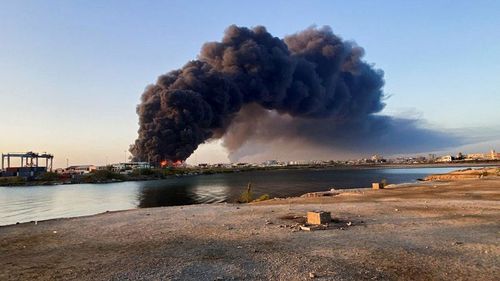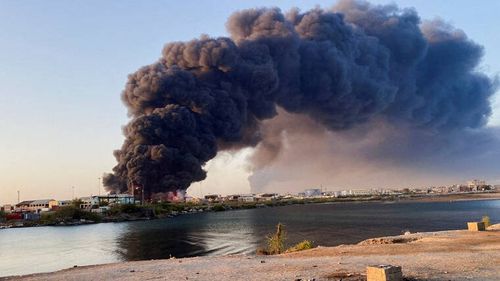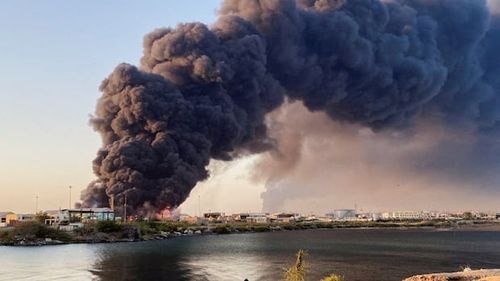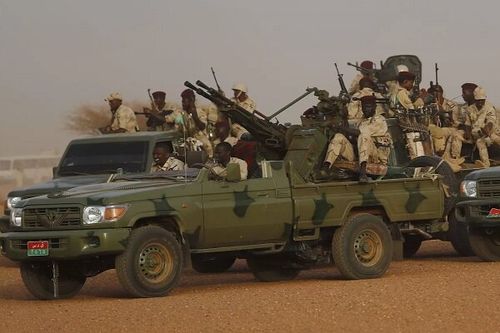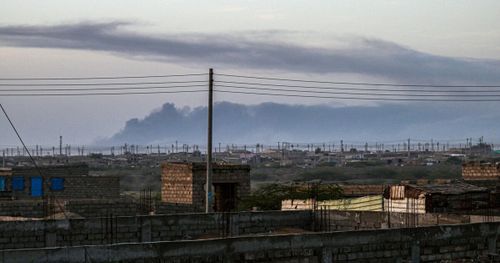Explosions rock Port Sudan, army says it intercepted drones
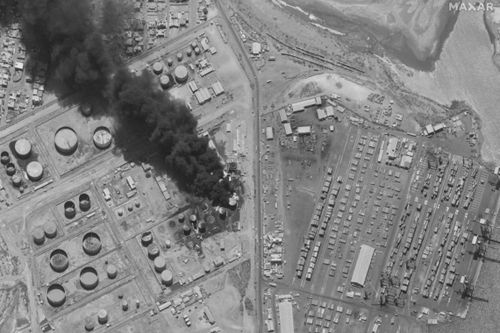
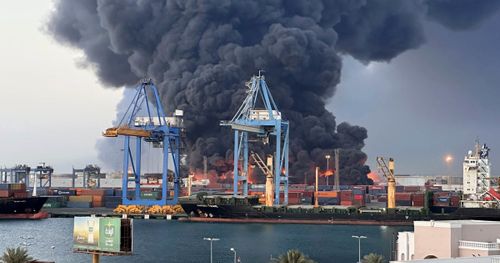
The attack on Port Sudan, which also serves as an interim seat for Sudan’s military-allied government, underscores that after two years of fighting, the military and the paramilitary Rapid Support Forces are still capable of threatening each other’s territory. The RSF drones struck early in the morning, said two Sudanese military officials, speaking on condition of anonymity because they were not authorized to talk to the media. Abdel-Rahman al-Nour, a Port Sudan resident, said he woke up to strong explosions, and saw fires and plumes of black smoke rising over the port. Msha’ashir Ahmed, a local journalist living in Port Sudan, said fires were still burning late Tuesday morning in the southern vicinity of the maritime port.
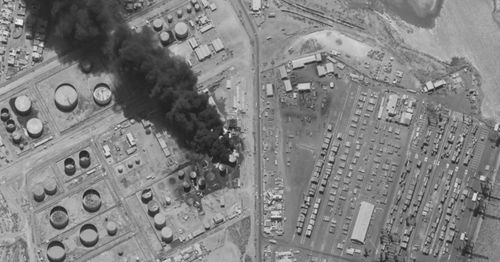
Sudan's army said its anti-aircraft systems intercepted drones targeting a naval base in the wartime capital Port Sudan on Wednesday. Explosions were heard in the city, though it was not immediately clear whether they were near the Flamingo base. Port Sudan has been hit by days of assaults - including reported drone strikes by Sudan's paramilitary Rapid Support Forces (RSF) - that have torched the country's biggest fuel depots and damaged its main gateway for humanitarian aid. The Red Sea city had enjoyed relative calm since the war between the army and the RSF broke out in April 2023, triggering mass displacement, famine and ethnically-driven killings.
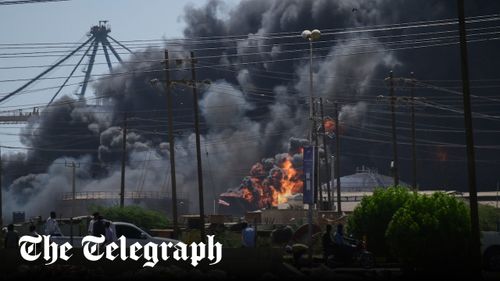
Sudan’s army blamed its Rapid Support Forces (RSF) paramilitary rivals for the attack, which analysts said marked a “shocking” new escalation of the war. Cameron Hudson, a senior fellow at the Centre for Strategic and International Studies, said: “This is a fundamentally new war. Sudan is now Ukraine. A full-blown drone war on the Red Sea with no corner of Sudan safe from UAE-backed RSF terror attacks. “No returns, no rebuilding, no reconciliation can possibly occur with drone threats ever-present.” Port Sudan, on the coast of the Red Sea, had until now escaped the violence that has engulfed the country and had become the de facto seat of the government after the RSF captured Khartoum at the start of the war.

